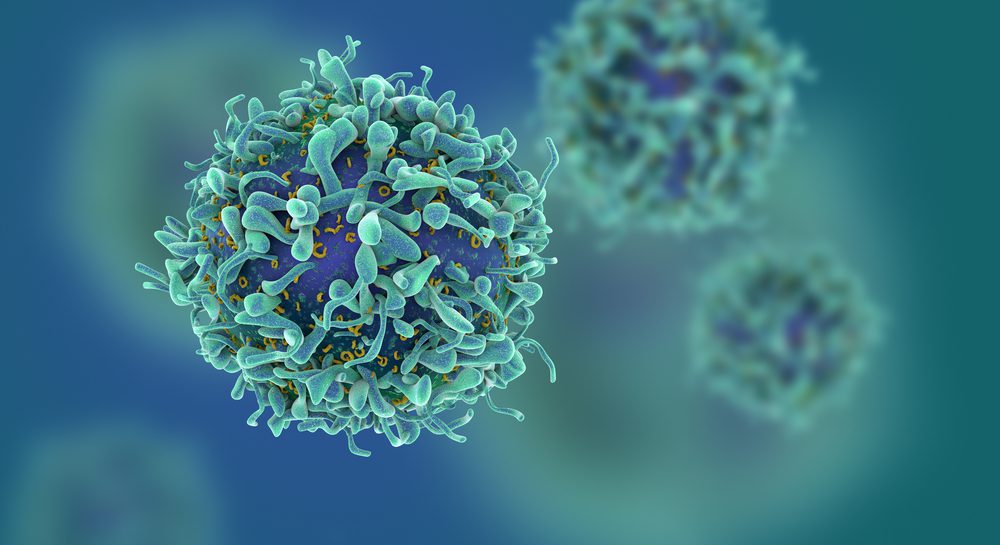Do you want to know what mantra we’ve recently adhered to? “Make your food boring and your life interesting.” Trust me, it works. Andrew Flinders Taylor can attest to this saying, especially since he had a 2016 YouTube video where he details everything he has learned after trying the potato diet.
What is the potato diet, you might wonder? Well, it’s basically a new diet where you eat potatoes for every meal, every single day, for an entire year. We hope we didn’t lose you there, because here’s the thing: yes, it might sound crazy, but for this guy, and many others out there, it worked. Taylor weighed in at 334 pounds when this experiment began, and it immediately led to noticeable results.

So it DOES work!
The Australian native rapidly dropped 117 pounds after one year of what he calls his “Spud Fit Challenge.” Nowadays, Taylor eats more than just potatoes, naturally, but his tater-only death helped him become a much healthier man. “My Spud Fit Challenge was only intended as a short-term intervention to treat my own food addiction,” he mentioned in an interview in November 2019.
He confessed he had a behavior with food that mirrored the one of an alcoholic with drinking, so he decided to get as close as he could to treating it with the same abstinence model: quitting all the food except for potatoes.
When the year was over, Taylor said he moved on to a diet that was well-rounded. Still includes a lot of potatoes, but also tons of unprocessed plant foods like fruits, vegetables, whole grains, and legumes.
Naturally, the physical benefits of Taylor’s challenge are still noticeable. He managed to maintain the weight loss and up to this day, he is free of the daily grind of battling with food addiction. His doctor is beyond proud of his progress, especially with the state of his health.
He was clinically depressed and anxious before undertaking his all-potato diet. However, now this is no longer an issue for him. His mental health is way better these days. Moreover, it’s worth mentioning that his before and after photos are quite impressive, and it’s also worth questioning whether or not the potato diet is safe or practical, for that matter.
Where did Taylor get his protein from? Are the results he experienced really that sustainable or realistic for other people? We managed to delve right into the nuances of his diet, based on the details he dished so far, and then asked an obesity specialist. The results are impressive.
The effectiveness of the potato challenge
During his challenge, Taylor probably ate all kinds of potatoes that exist out there, including sweet ones. To add a bit of flavor to his meals, he used a sprinkle of dried herbs and fat-free sweet chili and barbecue sauce.
If he made mashed potatoes, he only added oil-free soy milk. He mostly drank water, with the occasional beer thrown here and there (proof that virtually no man can resist to a great brew). Since his diet lacked any kind of meat, he decided to supplement his diet with a B12 vitamin.
He also didn’t restrict the amount he consumed. Instead, Taylor ate as many potatoes as he needed to fully satisfy his hunger. For the first month, at least, he didn’t work out at all and managed to drop 22 pounds, but then he added 90 minutes of exercise to his routine every single day.
In all honestly, potatoes pack plenty of nutritional perks, especially when cooked properly. They are also a wonderful source of fiber and healthy carbs, which can help keep you feeling totally full, especially if you boil them.
Potatoes are also quite rich in potassium and vitamin C. Some kinds, such as the sweet ones, are loaded with vitamin A. However, is there something special about the spuds that can make the pounds melt away? Well, not exactly.
Taylor’s experiment doesn’t actually prove that a bucket of spuds is the secret to weight loss. Any diet that puts you in a caloric deficit might help you lose weight. So yes, you might as well eat just Twinkies, or pizza (like another guy who tried a pizza-based diet) and drop pounds. The secret is to burn more calories than you’re taking in. That doesn’t automatically mean it’s healthy.
Is the potato diet safe?
To make sure he’s doing everything safely, Taylor decided to check in with a doctor and a dietician throughout this entire challenge. Along his journey he noticed some improvements in his health, not just a massive weight loss.
He told The Independent that he “had a high cholesterol but not it’s lower, my blood pressure has dropped and my sugar level has dropped as well.” In all fairness, it’s not that surprising, especially since weight loss improves plenty of health markers that put you at risk for heart disease.
It’s also quite possible that the nutrients in potatoes helped play a huge part in that. Following this potato diet won’t harm you short term, but if you look at it from a grand perspective, eating only potatoes implies consuming small amounts of fat and protein, which can be quite detrimental over a prolonged period of time.
Moreover, it can put you at risk for deficiency. This can easily tank your energy levels, weaken your immune system, make you feel hungrier, and mess with your ability to focus. Besides, since potatoes aren’t classified as a source of protein, since they only pack 4 grams per medium-sized potato, not eating enough nutrients can make your muscles slowly but surely deteriorate.
This also means that you will lose a lot of your definition, even if you drop pounds.
On top of everything, muscle is very important for your metabolic health, because it helps you function better as you advance in age: some things like walking up the stairs and carrying your groceries become a lot harder when your muscles get weaker.

Should you give it a shot?
Doctors don’t recommend it. It’s extremely restrictive, according to their opinions. A vegan diet is also very restrictive, and a ketogenic diet is as well, but a potato diet? It’s probably one of the most restrictive diets you could ever try.
Of course, for Taylor, it worked. In all fairness, he does feel good, so we should give him credit. According to his testimony, he sleeps better, doesn’t suffer from joint pain anymore, is loaded with energy, and has better mental clarity and focus.
However, this still doesn’t mean you won’t experience any kind of side effects, such as constant fatigue or hunger. All in all, it’s quite a restrictive diet, which means that many folks out there won’t be able to stick to it.
Instead, you should aim to optimize a diet full of different whole, nutrient-dense foods. If you want to lose weight, a minimum of 30 percent of your diet should come from lean protein, such as chicken or fish.
If you also want to throw potatoes in there as carbs, feel free to do so, but you should aim to eat a wide variety of vegetables you actually like. Healthy fats such as avocado can be quite satiating, and they do wonders for your heart.
If you found this article useful, we also recommend checking: 7 Stress-Causing Foods You Should Avoid at All Costs

























